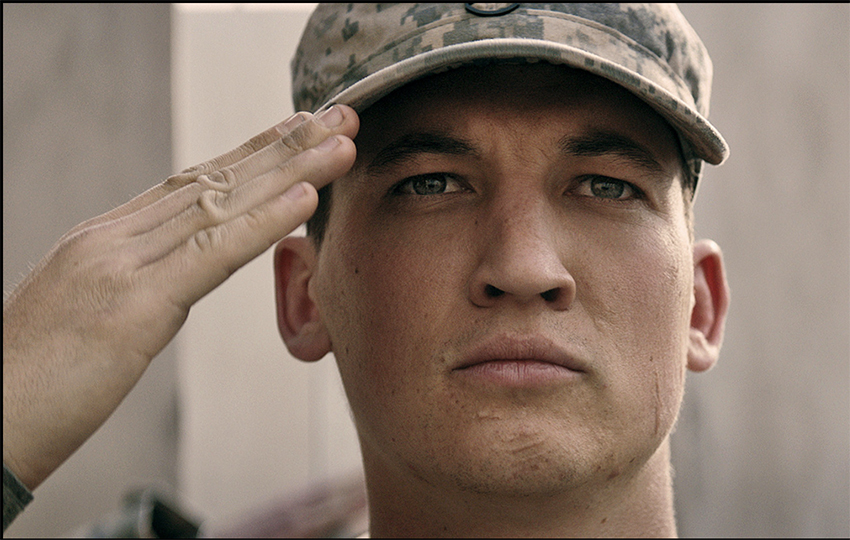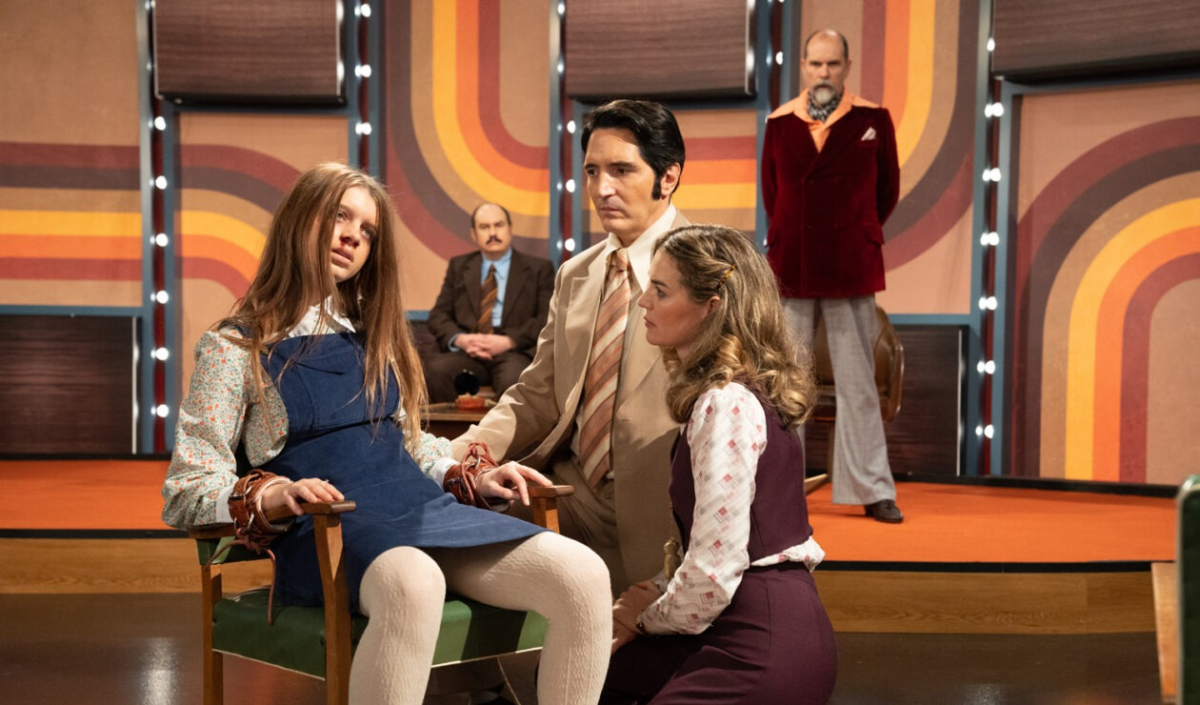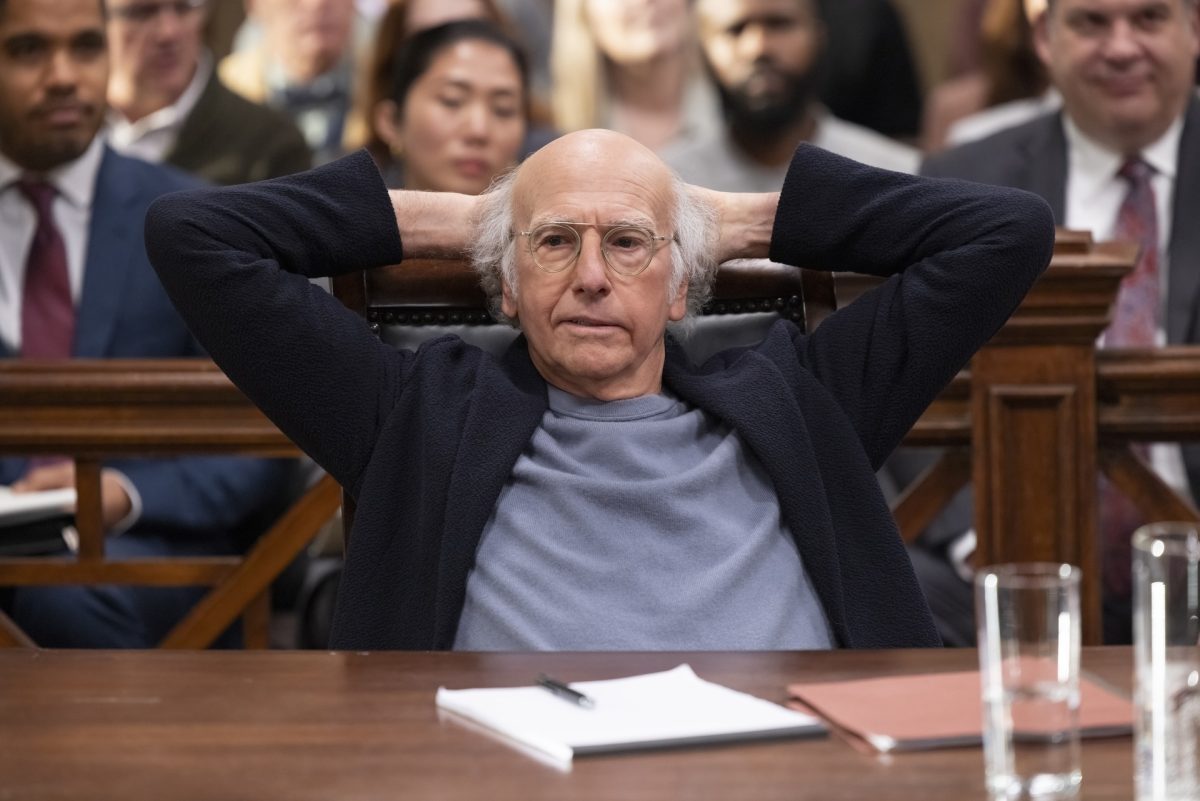Most films that deal with post-traumatic stress disorder (PTSD) aim to discredit war efforts, but “Thank You for Your Service” aims to shed an optimistic light on mental illness. The film creates a patriotic cadence through its real life events, but ultimately fails in its formal storytelling and ability to appeal to a wider audience.
After serving in Iraq, a group of young veterans return home and struggle to readjust to civilian life as they are reminded of the anguish of battle. The film centers on Adam Schumann (Miles Teller), who along with his brother-in-arms Solo Aeiti (Beulah Koale), seeks help for their mental trauma.
They run into many roadblocks: a neglected Veteran’s Affairs office, difficulty supporting their families and the lack of a quick fix. Haley Bennett plays Adam’s wife, Saskia, who faces the challenge of caring for both Adam and their three children.
“Thank You for Your Service” makes for Teller’s second film this month after last week’s “Only the Brave.” Beside his characteristic boyish charm, Teller brings little to the film. Teller’s interactions with Koale and Bennett feel stripped straight from last year’s “War Dogs,” making for an disingenuous performance at the heart of the story. The story itself does most of the heavy lifting when it comes to the emotional impact of the film, creating difficult situations that force the empathy of the audience.
The film also marks Jason Hall’s directorial debut and follow-up to the critical, commercial and controversial hit “American Sniper,” for which he was a writer. This time, Hall finds his way behind the camera, replacing the antiquated remnant of Clint Eastwood. In many ways, the two films are similar — they draw on true events, ground themselves in the nuclear family and pay homage to veterans overseas. “Thank You for Your Service” diverges from “Sniper” by focusing on the domestic front and the effects of PTSD rather than the war scenes which garnered “American Sniper” so much controversy, making “Thank You for Your Service” a more audience-friendly film.
The beginning of the film plays out formulaically, opening with a jarring combat-heavy sequence that cuts to a landing party back at home. As Adam approaches his wife and three kids (the couple still look fresh from high school), he is intercepted by a grieving widow, a laughably serious Amy Schumer. The first act repeats this beat, juxtaposing family life with disturbing interventions.
As the film progresses and Adam’s PTSD symptoms become more serious, the narrative hones in on his struggle to receive help after already accepting the problem. He finds small wins by getting through the line at the VA, talking with fellow vets and remembering the date, but these are inevitably overshadowed the negative effects of PTSD. The call of the film is not to ridicule the underfunded VA or lampoon what may or may not be an ethical war, but to recognize a problem that has persisted and been neglected in our society.
“Thank You for Your Service,” although compellingly impactful, fails to realize a performance akin to Bradley Cooper’s Chris Kyle or Eastwood’s expertise. Nevertheless, the film cements Jason Hall as a niche writer/director, reliable for churning out patriotic fare that aspires to laud our veterans and address societal issues. Free tickets for veterans are available at participating theaters/times.
“Thank You for Your Service”
- Running Time: 108 minutes
- Rating: R
- Score: 2.5/5 stars





















